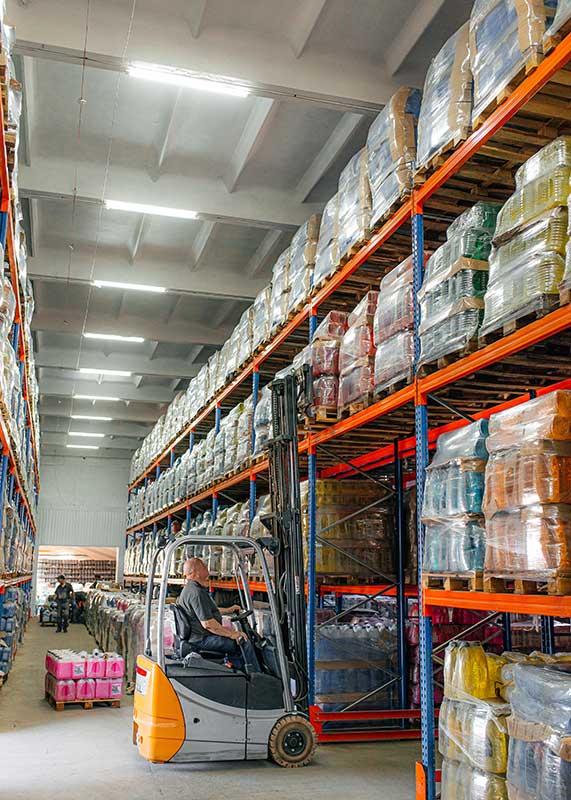Warehouse & Distribution Center Property Tax Appeals in Texas
Reduce warehouse property tax, distribution centers, storage facilities, and logistics operations. Specialized valuation strategies for high-bay warehouses, cold storage, and equipment-heavy fulfillment centers across Texas.
Common Warehouse Assessment Problems:
Can’t find your property type? Contact us—we handle all specialized industrial classifications.
BTA reduces warehouse property taxes by applying market rental analysis, functional utility assessments, and comparable industrial sales data to challenge overvaluations.
Warehouse & Distribution Property Tax Solutions
We handle property tax appeals for two primary warehousing categories—each with distinct valuation factors, market dynamics, and tax reduction strategies.
Traditional Warehouses & Industrial Storage
General-purpose warehouses, industrial storage facilities, self-storage operations, and material handling centers. These properties require valuation analysis focused on functional utility, market rental rates, and highest-and-best-use considerations.
Distribution Centers & Fulfillment Facilities
Modern logistics hubs, e-commerce fulfillment centers, regional distribution facilities, and cross-dock operations. These properties need specialized analysis of automation investments, equipment depreciation, and highly competitive market conditions.
Warehouse Property Tax Appeal
How We Reduce Warehouse Property Taxes

Common Questions – Warehouse Property Tax Appeals
Everything you need to know about Warehouse Property Tax Reduction in Texas
